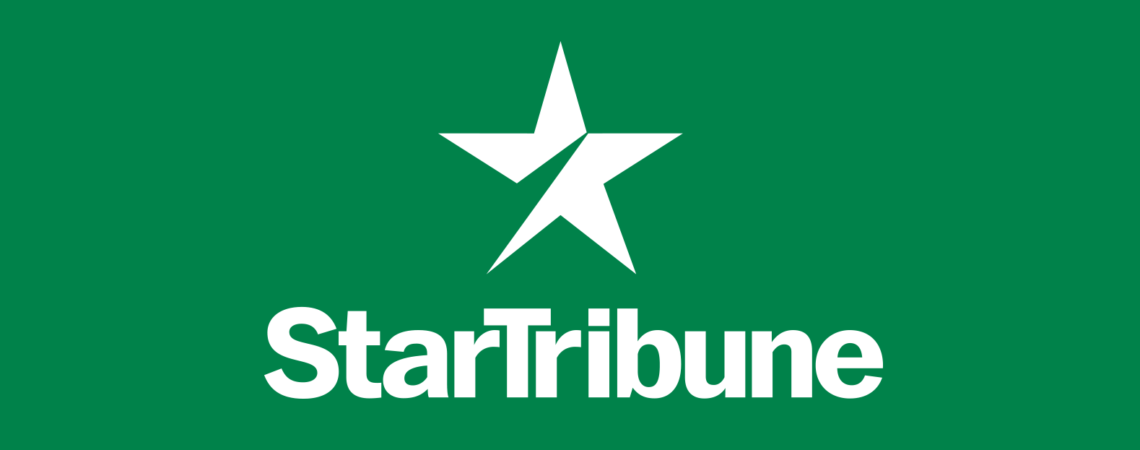
The latest round of tariffs on Chinese-made goods will raise the cost of millions of everyday consumer items. But Target Corp. does not want to pass any increase along to shoppers. Instead, it is telling suppliers to eat the costs.
In a pointed memo to hundreds of national-brand vendors who import goods from China, Target’s chief merchandising officer, Mark Tritton, made clear that the Minneapolis-based retail chain “will not accept any new cost increases” related to the new levies that went into effect Sunday.
“Our expectation is that you will develop the appropriate contingency plans so that we don’t have to pass price increases along to our guests,” he wrote.
The Aug. 27 memo, first reported by Oregon Public Broadcasting, highlights the ripple effect of the Trump administration’s ongoing trade war with China and the potential effect on the wide swaths of the U.S. and global economies.
Target and other large importers of Chinese goods — including Walmart, Richfield-based Best Buy, Dollar Tree and the footwear industry — have voiced concerns the burden the tariffs would place on consumers, whose spending provides the lion’s share of fuel to the American economy.
Because of its market power, Target and other national players can more easily squeeze suppliers than smaller retailers, who may have no choice but to raise prices on the shelves.
“I am not entirely sure if this is a good thing for long-term supplier relations,” GlobalData retail analyst Neil Saunders said about Target’s move on the industry news site Retail Wire. “But it is the easiest way for a retailer to try and deal with the problem of rising costs.”
Tariffs on Chinese goods have been in place for about a year, but had not hit consumer goods with such widespread force until Sunday. The latest levy adds a 15% tax on $111 billion in imports such as shoes, pens and pencils, diapers, golf clubs and electronics. The number of affected items runs 114 pages, single-spaced.
Target and other influential businesses were able to delay another wave of tariffs until Dec. 15, when an additional $156 billion worth of Chinese imports — including toys, video games and smartphones — will be taxed. At that point, virtually every consumer good imported to the U.S. from China will be covered, economists said.
“As the industry closest to consumers, retailers are doing everything they possibly can to minimize the impact of an escalating trade war on American families, especially with the holiday season around the corner,” David French, who handles government relations for the National Retail Federation, said in a statement. “We continue to urge the administration to find new tools to hold China accountable without taxing the American economy.”
The retail supply chain encompasses a swarm of negotiation, market leverage and demand between retailers, distributors and manufacturers, with profit margins built in at every stage. Walmart executives and others have said it’s inevitable that prices will go up on some items, but analysts also note that suppliers have been negotiating with factories for the past year to mitigate the effect.
A Target spokeswoman said Thursday that Tritton’s letter was part of a broader strategy to keep prices low and that the retailer is in constant communication with its suppliers.
“We’ve written letters to [U.S. trade representatives], held ongoing negotiations with our vendor partners and conducted contingency planning with our sourcing organization and more,” Target said in a statement. “Our goal remains to put our guests first and deliver as much value to consumers as possible across our multi-category business.”
To read the original post: Click here

